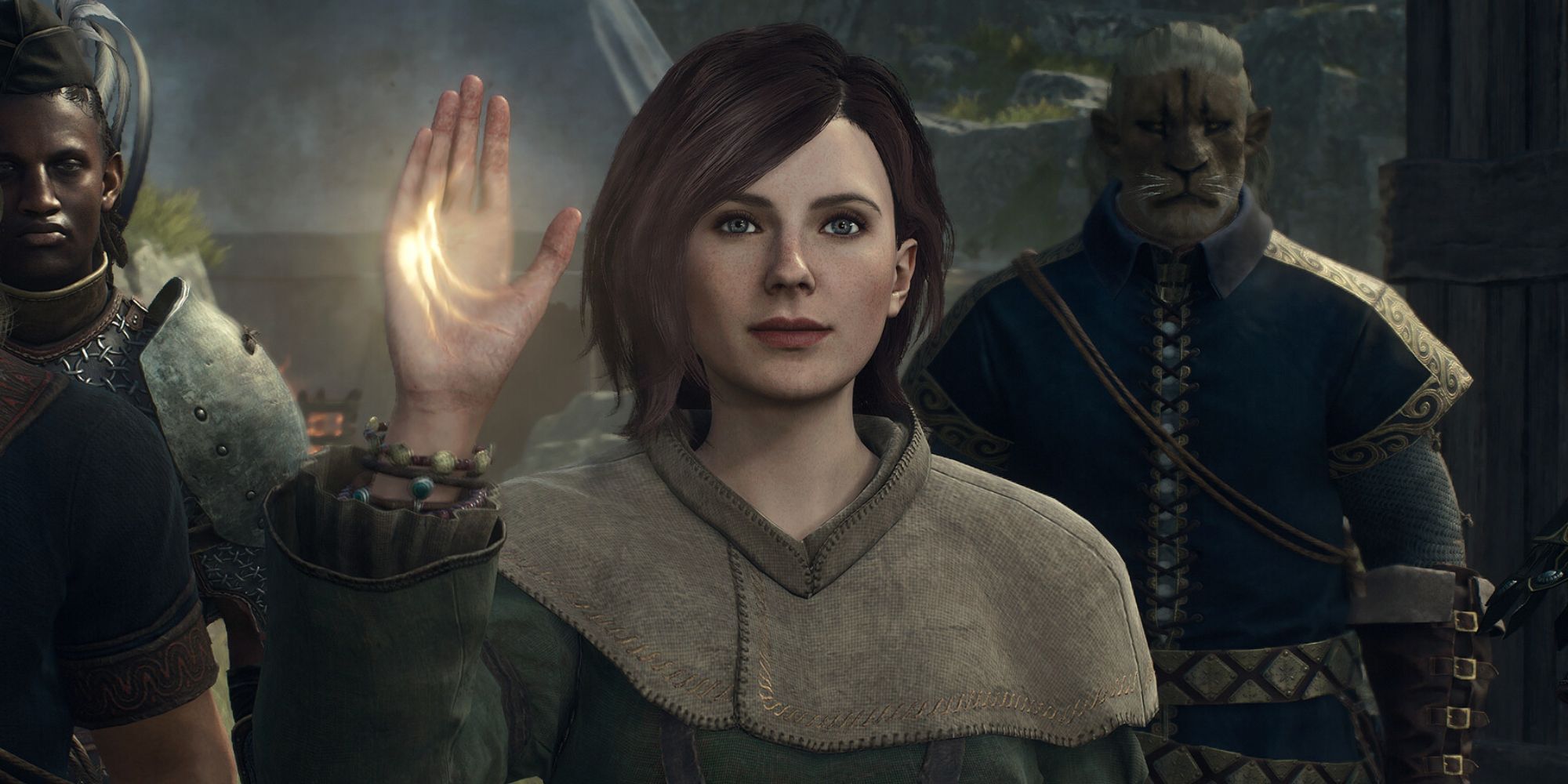Amidst anticipation and excitement, the release of Dragon’s Dogma 2 has been marred by significant backlash from the gaming community, particularly on the Steam platform. The grievances primarily revolve around performance issues, the utilization of Denuvo copy protection, and the contentious inclusion of microtransactions. Capcom, the developer and publisher of the game, has swiftly responded with an apology and an outline of their plans to address these concerns.
Performance woes and Denuvo copy protection
One of the major points of contention among players is the performance of Dragon’s Dogma 2, especially on PC. Users have reported encountering significant CPU load, leading to performance issues, particularly in areas with numerous characters on screen simultaneously.
This issue is exacerbated by the inclusion of Denuvo copy protection, which has historically been criticized for its negative impact on game performance. Despite efforts to optimize performance, the minimum and recommended specifications provided by Capcom target a frame rate of 30fps, which has left many players dissatisfied.
Another source of disappointment among players is the inclusion of microtransactions in Dragon’s Dogma 2. These microtransactions offer items typically earned through in-game progression, such as resurrection items, character customization options, and convenience items like warp markers.
The pricing of these microtransactions ranges from £0.89 to £4.45, prompting concerns about the game’s balance and monetization strategies. While Capcom had disclosed the availability of microtransactions before launch, their inclusion at release has drawn criticism from players, questioning the integrity of game design and progression.
Capcom’s response and plans
In response to the community feedback, Capcom has issued a statement addressing the concerns raised by players. They have acknowledged the performance issues and assured players that they are actively investigating and addressing critical problems such as crashes and freezing. Additionally, they are exploring ways to improve performance, particularly in areas where CPU usage is a significant bottleneck.
Furthermore, Capcom has addressed the issue of microtransactions, clarifying that all items available for purchase can also be obtained through gameplay. They have pledged to consider the community’s feedback regarding the balance between in-game progression and monetization, hinting at potential adjustments in the future.
The release of Dragon’s Dogma 2 has been marred by a wave of criticism from players, highlighting concerns regarding performance issues and the inclusion of microtransactions. Despite receiving positive reviews from the press, the game has received a harsh reception from the gaming community on Steam.
In response, Capcom has apologized and outlined its plans to address the issues raised. As they work to improve performance and reassess their approach to microtransactions, players eagerly await updates and patches that will enhance their gaming experience.





